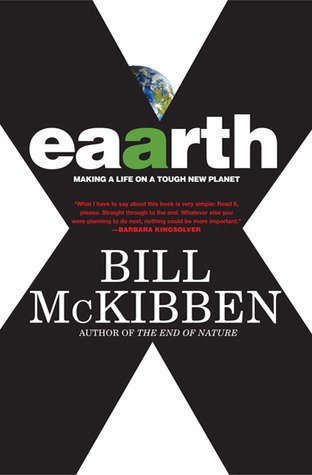What doyouthink?
Rate this book


253 pages, Hardcover
First published January 1, 2010
Global warning is now upon us. It is here. It is happening. We are now experiencing it.You may not know it because you are reading one book after the other and you don’t have the time to watch CNN or read Time or Newsweek or the papers. But hey, yohoo, yes you there, global warming is here.